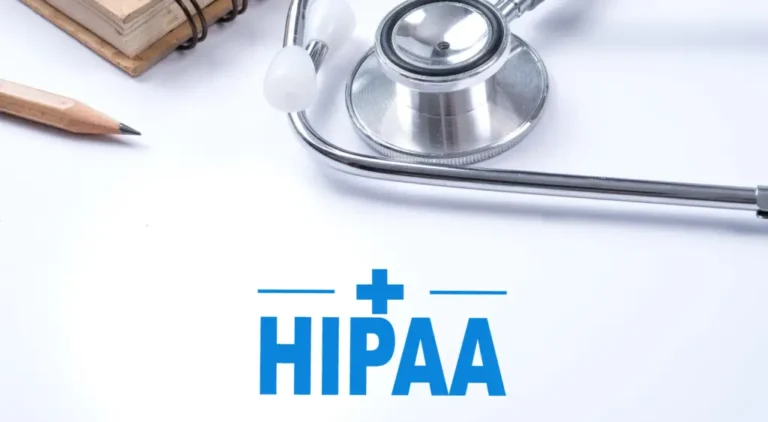
Recovering from childbirth is a unique experience that involves both physical and emotional healing. During this time, your gynecologist plays a key role in supporting your recovery and addressing any concerns you may have. Here, we’ll discuss the role of a gynecologist in postpartum healing, the value of follow-up visits, and key symptoms you should bring up during your appointments.
What Role Does a Gynecologist Play in Postpartum Healing?
Your gynecologist is your partner in navigating the postpartum period. Their expertise provides insight into how your body is healing while addressing potential complications.
Here are some key ways a gynecologist supports you postpartum:
- Monitoring Physical Healing: They check how your uterus and perineum (if applicable) are healing. This includes assessing for infections, excessive bleeding, or delayed recovery.
- Providing Guidance on Postpartum Care: Your gynecologist offers advice on breastfeeding challenges, birth control options, and managing physical discomfort like pain or swelling.
- Checking for Complications: Serious but rare complications like postpartum infections, blood clots, or pelvic floor damage can be diagnosed early by your gynecologist.
- Managing Breast and Nipple Concerns: For those breastfeeding, your gynecologist can help address issues such as mastitis, clogged ducts, or discomfort.
By collaborating with you during this time, your gynecologist can help you recover safely and smoothly.
How Can Follow-Up Visits Support Your Physical and Emotional Recovery?
Postpartum follow-up appointments are more than just routine check-ins; they are opportunities to assess your overall well-being. During these visits, your gynecologist will evaluate your physical recovery, including checking your stitches (if you had a tear or episiotomy), monitoring uterine healing, and checking that your bleeding has resolved properly. These appointments also prioritize your emotional health, as your doctor will screen for postpartum depression (PPD) or anxiety and discuss how you’re feeling during this significant transition.
In addition to physical and emotional assessments, your gynecologist will help you explore birth control options that align with your postpartum body and long-term family planning goals. These visits are also a chance to ask any questions you may have about your body, the recovery process, or caring for your baby. Regular postpartum follow-ups verify that your recovery is on track while addressing both your mental and physical health needs.
Which Postpartum Symptoms Should You Discuss With Your Gynecologist?
Every postpartum experience is different, and concerns should be discussed with your gynecologist. Here are key symptoms you should bring up:
- Heavy or Prolonged Bleeding: If you’re passing large clots or soaking through pads in under an hour, your gynecologist needs to check for postpartum hemorrhage or retained placenta tissue.
- Pain in the Abdomen, Pelvis, or Legs: Persistent or severe pain could indicate infections, pelvic issues, or even blood clots.
- Breast Issues: Painful swelling, redness, or fever related to breastfeeding may signal mastitis or blocked milk ducts.
- Discomfort with Sex: Pain during intercourse could point to vaginal dryness, healing concerns, or pelvic floor issues.
- Signs of Infection: Symptoms such as fever, foul-smelling discharge, or redness around your stitches should not be ignored.
- Low Mood or Anxiety: Feelings of sadness, withdrawal, irritability, or hopelessness, especially when they persist for more than two weeks, are necessary to address.
Sharing these symptoms allows your gynecologist to provide the care and treatment you need to recover fully.
Discuss Symptoms with Your Gynecologist
The postpartum period is a time of significant physical and emotional changes. Whether it’s addressing concerns about bleeding, discomfort, or mood changes, discussing your symptoms with your gynecologist is key to a healthy recovery. Your gynecologist isn’t just your health provider during pregnancy; they are your partner in recovery, ready to guide and support you every step of the way. Book your visit today to take the next step in your healing journey.






